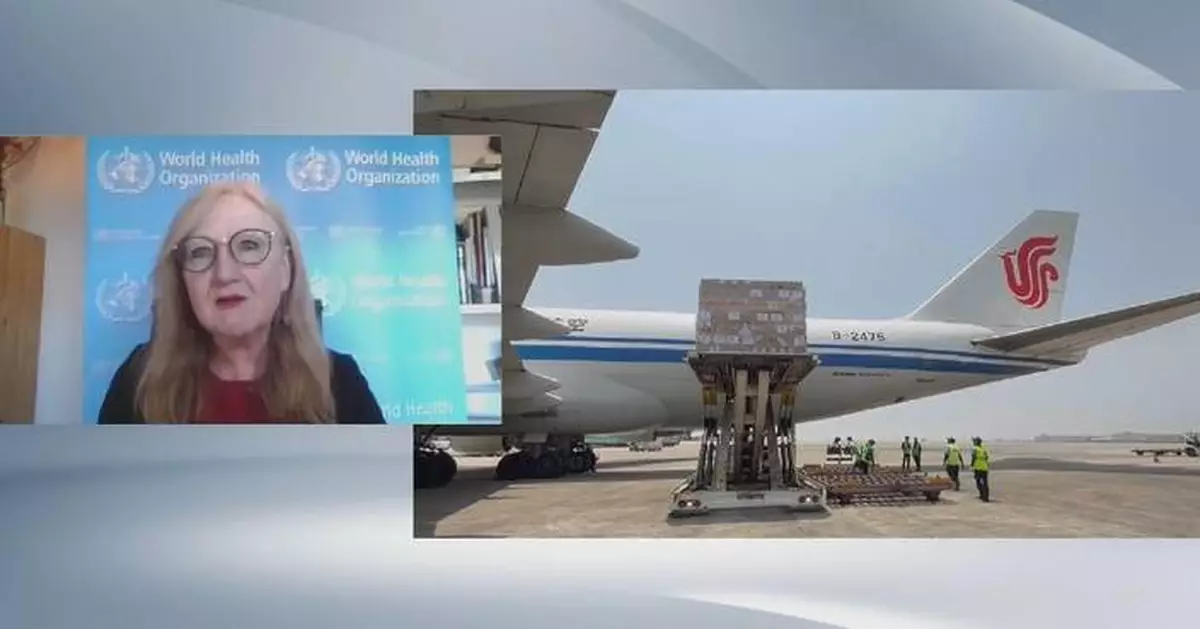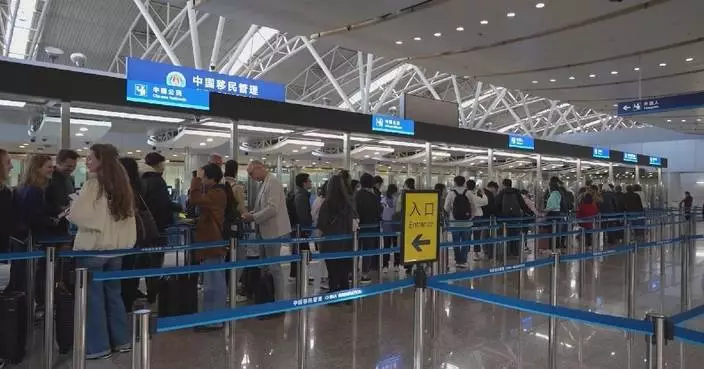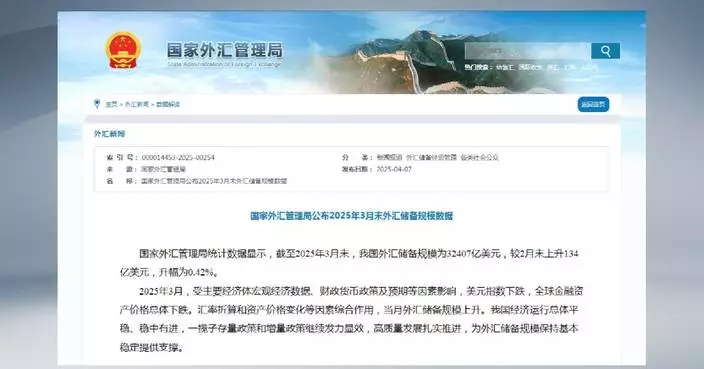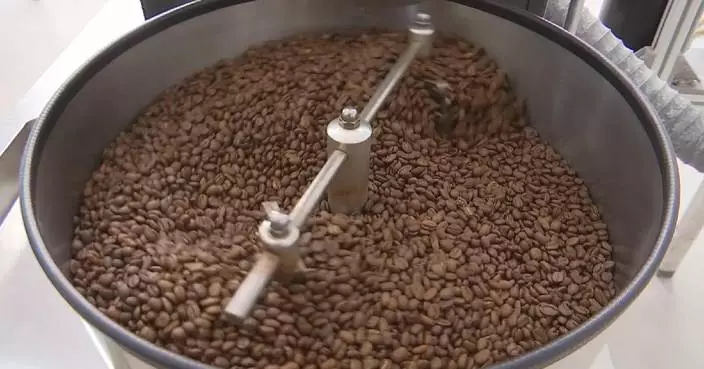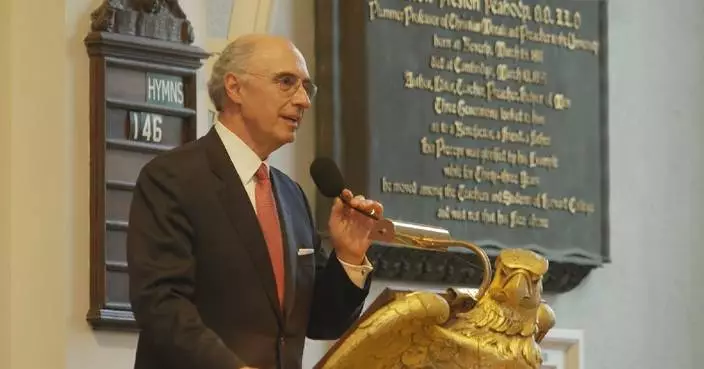A World Health Organization (WHO) spokesperson on Monday urged greater international efforts to provide essential medical aid to disaster-hit Myanmar, expressing concerns over the challenging healthcare conditions in the country as hospitals remain overwhelmed following Friday's deadly earthquake.
The powerful 7.9-magnitude quake struck central Myanmar around lunchtime on Friday, causing over 2,700 deaths and more than 4,500 injuries as of Tuesday, while search and rescue operations continue.
In an interview with the China Global Television Network (CGTN), WHO spokeswoman Dr. Margaret Harris said she has been in regular contact with her colleagues on the ground in Myanmar.
She described the grim reality facing emergency response workers, as medical facilities have been completely overwhelmed. She said at least 20 hospitals have sustained severe damage, while three were completely destroyed in the quake, with many patients now having to be treated out in the open.
Harris also warned of a potential outbreak of infectious diseases due to overcrowding and unsanitary conditions.
"People are also terrified and not wanting to go back to their homes, even if their homes are not too damaged because of the many aftershocks and because of the complete uncertainty. So there are large numbers of people out in the open, not really with access to clean water or food and they're tremendously anxious. So we're very, very concerned about the likelihood of a bigger rise in infectious diseases on top of the many, many injuries. Thousands and thousands of people have been injured and the hospitals can only really deal with the people with the most life-threatening injuries at the moment," she said.
Harris also noted there were a significant number of burn injuries sustained during the quake, as many people had been cooking when it struck. These cases are going untreated due to the overwhelming demand on the country's healthcare system.
As international assistance begins to pour in, the WHO has activated its highest-level emergency response and issued an eight-million-dollar flash appeal to provide urgent medical support over the next 30 days.
Harris outlined that the initial funding will prioritize essential care to those injured, with emergency medical teams deploying fully equipped field units to tend to those in need.
"We have indeed set very, very clear initial priorities for the first 30 days. And first of all, of course, is trauma and surgical care, getting in close coordination with the authorities and partners, bringing in emergency medical teams. They bring all their equipment, they bring the tents, so they can basically provide the care," she said.
The WHO spokeswoman also stressed the need to ensure the undisrupted delivery of essential health services for those suffering chronic illnesses and pediatric cases.
"The other thing that's critical is to have continuity of essential health services. If you have an earthquake, you run out of your home, you don't have time to pick up your diabetic medicine or your heart pills. There are lots of people who now need those essential medicines, essential services. And of course, we need to make sure that mothers who are likely to be having babies in the next few days can deliver safely. So we really need to establish safe maternal, newborn, child health services," said Harris.
While acknowledging the swift international aid which has been reaching the quake-stricken areas, Harris called on countries to scale up support and "bring in as much supplies as possible" as the disaster response efforts continue.
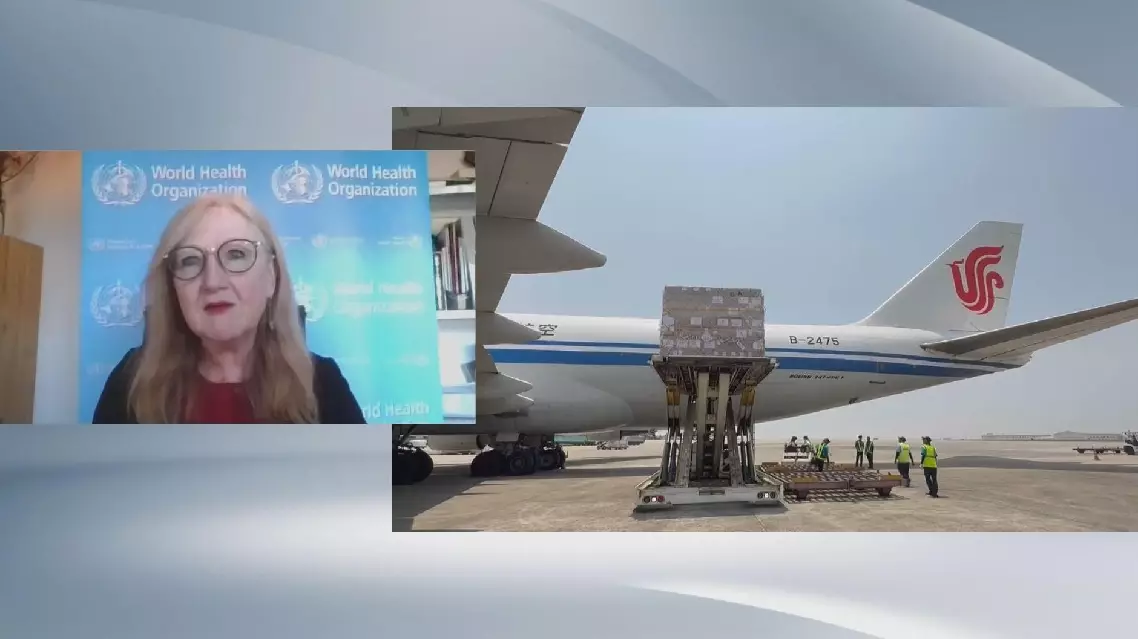
WHO stresses urgent need for int'l medical supplies to reach quake-hit Myanmar


